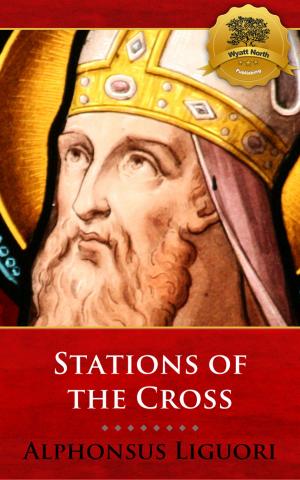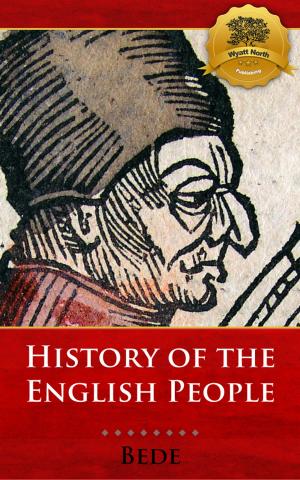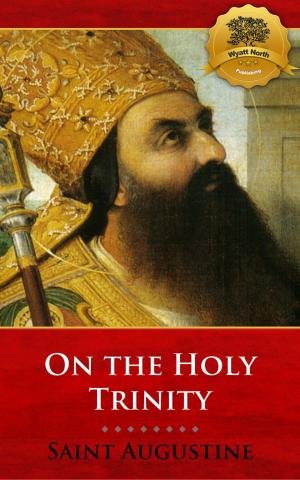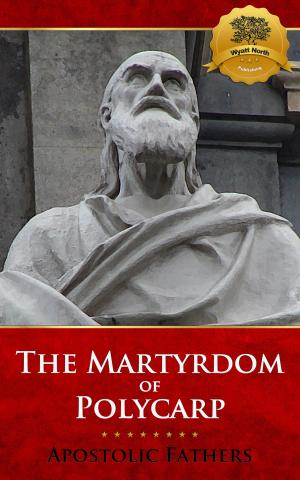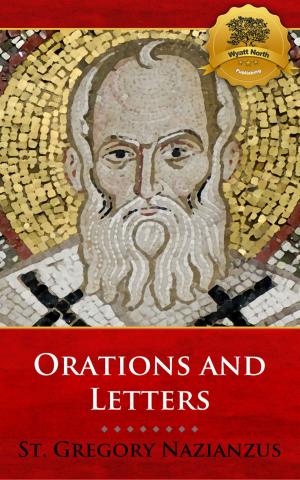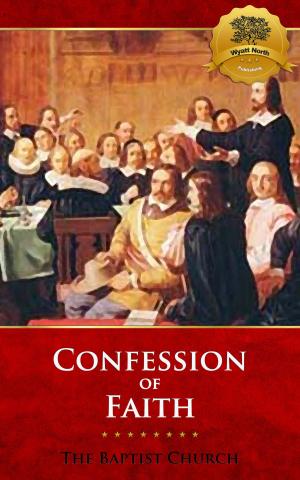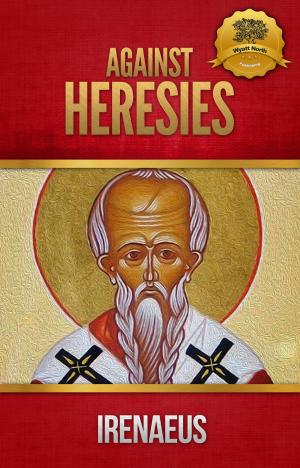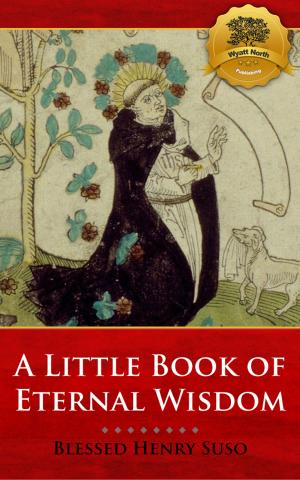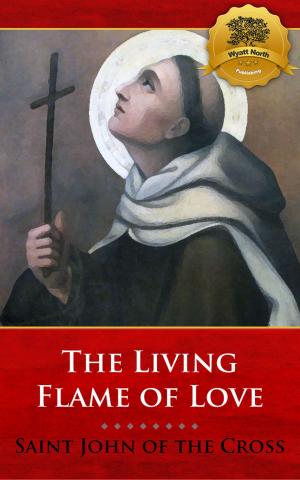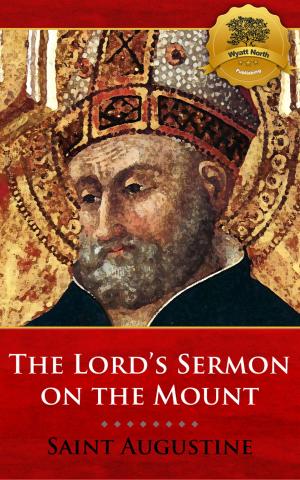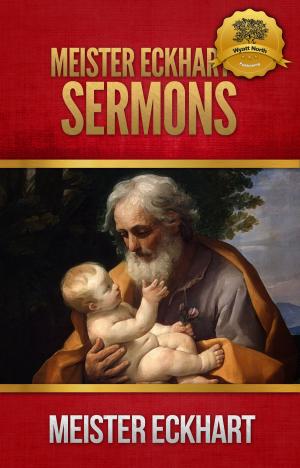On Illustrious Men
Nonfiction, Reference & Language, Reference, Research, Religion & Spirituality, Christianity, Denominations, Catholic, Catholicism, Christian Life| Author: | St. Jerome, Wyatt North | ISBN: | 9781622780815 |
| Publisher: | Wyatt North Publishing, LLC | Publication: | March 30, 2012 |
| Imprint: | Language: | English |
| Author: | St. Jerome, Wyatt North |
| ISBN: | 9781622780815 |
| Publisher: | Wyatt North Publishing, LLC |
| Publication: | March 30, 2012 |
| Imprint: | |
| Language: | English |
This edition of On Illustrious Men comes complete with a Touch-or-Click Table of Contents, divided by each chapter.St. Jerome (c. 347 30 September 420) (formerly Saint Hierom) was a Roman Christian priest, confessor, theologian and historian, and who became a Doctor of the Church. He was the son of Eusebius, of the city of Stridon, which was on the border of Dalmatia and Pannonia. He is best known for his translation of the Bible into Latin (the Vulgate), and his list of writings is extensive.Jerome is the second most voluminous writer (after St. Augustine) in ancient Latin Christianity. In the Roman Catholic Church, he is recognized as the patron saint of translators, librarians and encyclopedists.Jerome was a scholar at a time when that statement implied a fluency in Greek. He knew some Hebrew when he started his translation project, but moved to Jerusalem to strengthen his grip on Jewish scripture commentary. A wealthy Roman aristocrat, Paula, funded his stay in a monastery in Bethlehem and he completed his translation there. He began in 382 by correcting the existing Latin language version of the New Testament, commonly referred to as the Vetus Latina. By 390 he turned to the Hebrew Bible, having previously translated portions from the Septuagint. He completed this work by 405. Prior to Jerome's Vulgate, all Latin translations of the Old Testament were based on the Septuagint. Jerome's decision to use a Hebrew text instead of the Septuagint went against the advice of most other Christians, including Augustine, who considered the Septuagint inspired. Modern scholarship, however, has cast doubts on the actual quality of Jerome's Hebrew knowledge; the Greek Hexapla is now considered as still the main source also for Jerome's "iuxta Hebraeos" translation of the Old Testament.He is recognized by the Catholic Church as a saint and Doctor of the Church, and the Vulgate is still an important text in Catholicism. He is also recognized as a saint by the Eastern Orthodox Church, where he is known as St. Jerome of Stridonium or Blessed Jerome.You can purchase other wonderful religious works from Wyatt North Publishing.Enjoy.
This edition of On Illustrious Men comes complete with a Touch-or-Click Table of Contents, divided by each chapter.St. Jerome (c. 347 30 September 420) (formerly Saint Hierom) was a Roman Christian priest, confessor, theologian and historian, and who became a Doctor of the Church. He was the son of Eusebius, of the city of Stridon, which was on the border of Dalmatia and Pannonia. He is best known for his translation of the Bible into Latin (the Vulgate), and his list of writings is extensive.Jerome is the second most voluminous writer (after St. Augustine) in ancient Latin Christianity. In the Roman Catholic Church, he is recognized as the patron saint of translators, librarians and encyclopedists.Jerome was a scholar at a time when that statement implied a fluency in Greek. He knew some Hebrew when he started his translation project, but moved to Jerusalem to strengthen his grip on Jewish scripture commentary. A wealthy Roman aristocrat, Paula, funded his stay in a monastery in Bethlehem and he completed his translation there. He began in 382 by correcting the existing Latin language version of the New Testament, commonly referred to as the Vetus Latina. By 390 he turned to the Hebrew Bible, having previously translated portions from the Septuagint. He completed this work by 405. Prior to Jerome's Vulgate, all Latin translations of the Old Testament were based on the Septuagint. Jerome's decision to use a Hebrew text instead of the Septuagint went against the advice of most other Christians, including Augustine, who considered the Septuagint inspired. Modern scholarship, however, has cast doubts on the actual quality of Jerome's Hebrew knowledge; the Greek Hexapla is now considered as still the main source also for Jerome's "iuxta Hebraeos" translation of the Old Testament.He is recognized by the Catholic Church as a saint and Doctor of the Church, and the Vulgate is still an important text in Catholicism. He is also recognized as a saint by the Eastern Orthodox Church, where he is known as St. Jerome of Stridonium or Blessed Jerome.You can purchase other wonderful religious works from Wyatt North Publishing.Enjoy.

